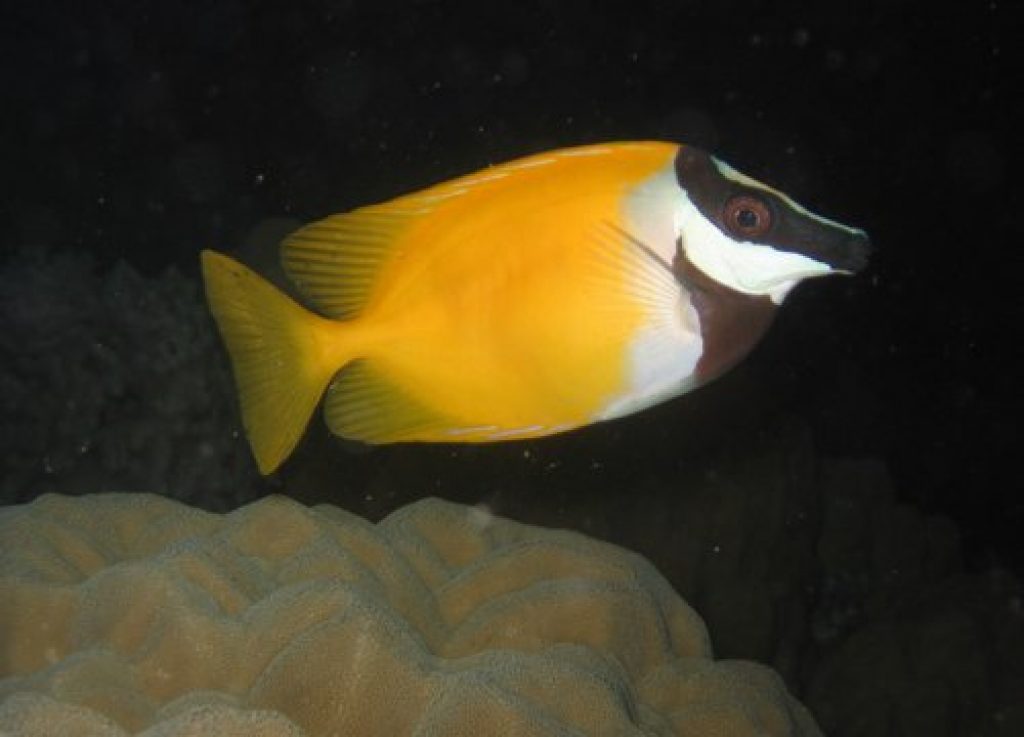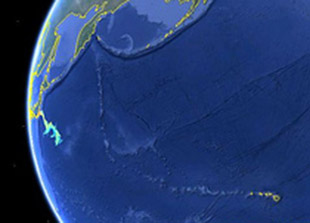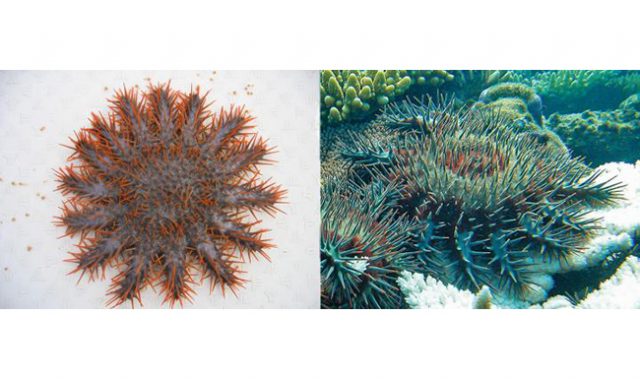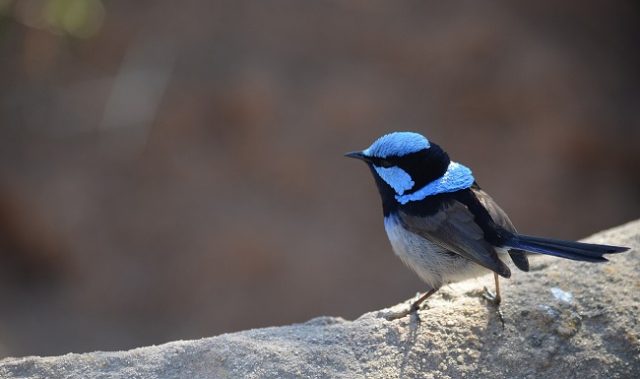
AsianScientist (Jul 14, 2014) – The migration of tropical fish as a result of ocean warming poses a serious threat to the temperate areas they invade, largely because they overgraze on kelp forests and seagrass meadows. The study documenting these findings has been published in the journal Proceedings of the Royal Society B.
The harmful impact of tropical fish is most evident in southern Japanese waters and the eastern Mediterranean, where there have been dramatic declines in kelps. There is also emerging evidence in Australia and the US that the spread of tropical fish towards the poles is causing damage in the areas they enter.
“The tropicalisation of temperate marine areas is a new phenomenon of global significance that has arisen because of climate change,” says study lead author, Dr. Adriana Vergés, from the University of New South Wales.
“Increases in the number of plant-eating tropical fish can profoundly alter ecosystems and lead to barren reefs, affecting the biodiversity of these regions, with significant economic and management impacts.”
As the oceans have warmed and the climate has changed, hotspots are developing in regions where the currents that transport warm tropical waters towards the poles are strengthening. Increased flow of the East Australian Current, for example, has meant waters south-east of the continent are warming at two to three times the global average. Tropical fish are now common in Sydney Harbour during the summer months.
Japan, the east coast of the US, northern Brazil and south eastern Africa are also strongly influenced by coastal currents that transport warm tropical waters.
“In tropical regions, a wide diversity of plant-eating fish perform the vital role of keeping reefs free of large seaweeds, allowing corals to flourish. But when they intrude into temperate waters they pose a significant threat to these habitats. They can directly overgraze algal forests as well as prevent the recovery of algae that have been damaged for other reasons,” says Dr. Vergés, who is also a member of the Sydney Institute of Marine Science.
In Japan, more than 40 percent of the kelp and algal beds have disappeared since the 1990s, a phenomenon known in Japan as isoyake. Tropical species including rabbitfish and parrotfish appear to be mainly responsible.
Although these fish have been present for a long time, their annual grazing rates have increased dramatically as ocean temperatures in winter have risen. Corals now dominate the ecosystem in many locations. The changes have led to the collapse of the abalone fishery.
The article can be found at: Vergés et al. (2014) The Tropicalization of Temperate Marine ecosystems: Climate-Mediated Changes in Herbivory and Community Phase Shifts.
——–
Source: University of New South Wales; Photo: NOAA Photo Library/Flickr/CC.
Disclaimer: This article does not necessarily reflect the views of AsianScientist or its staff.












